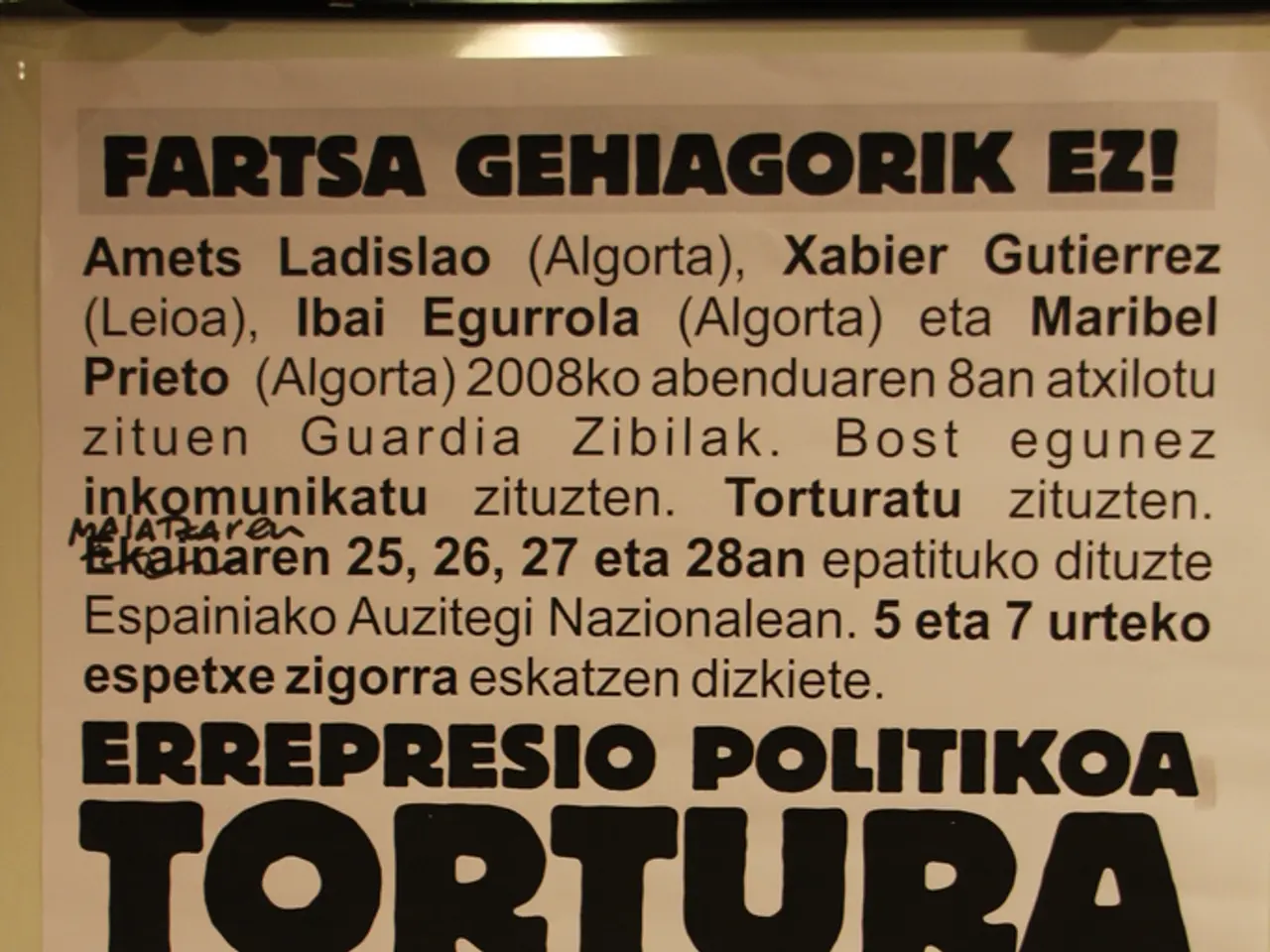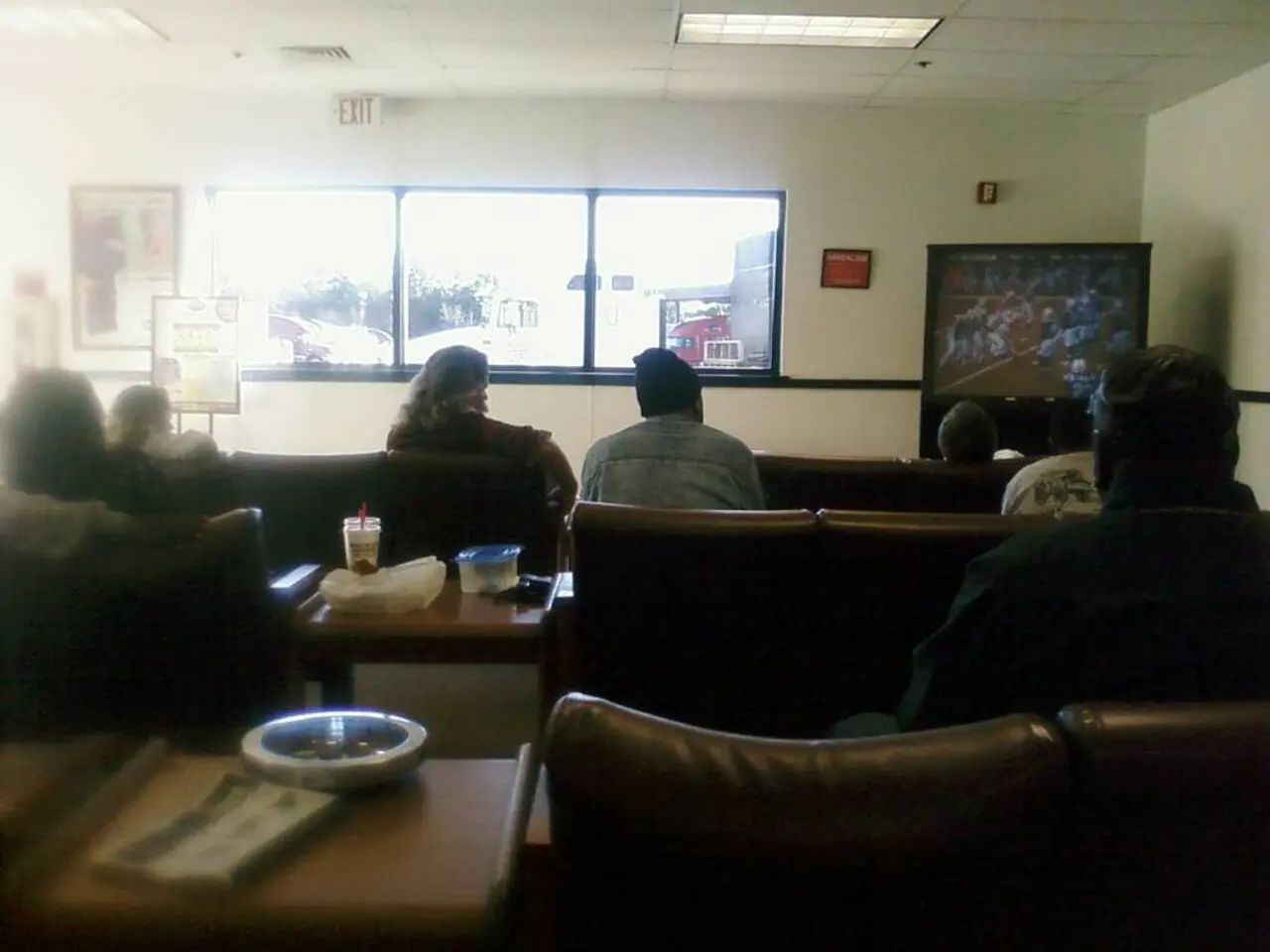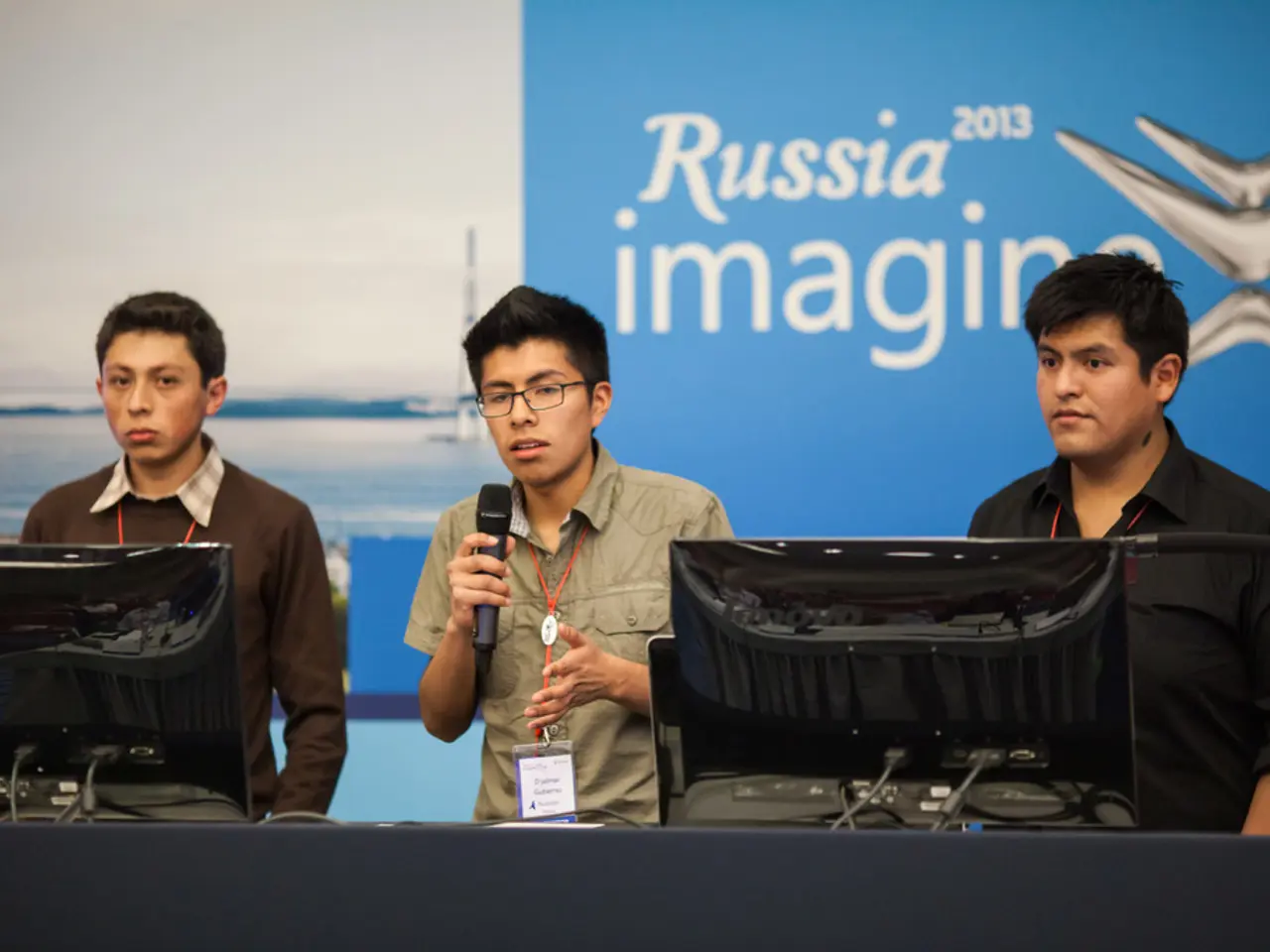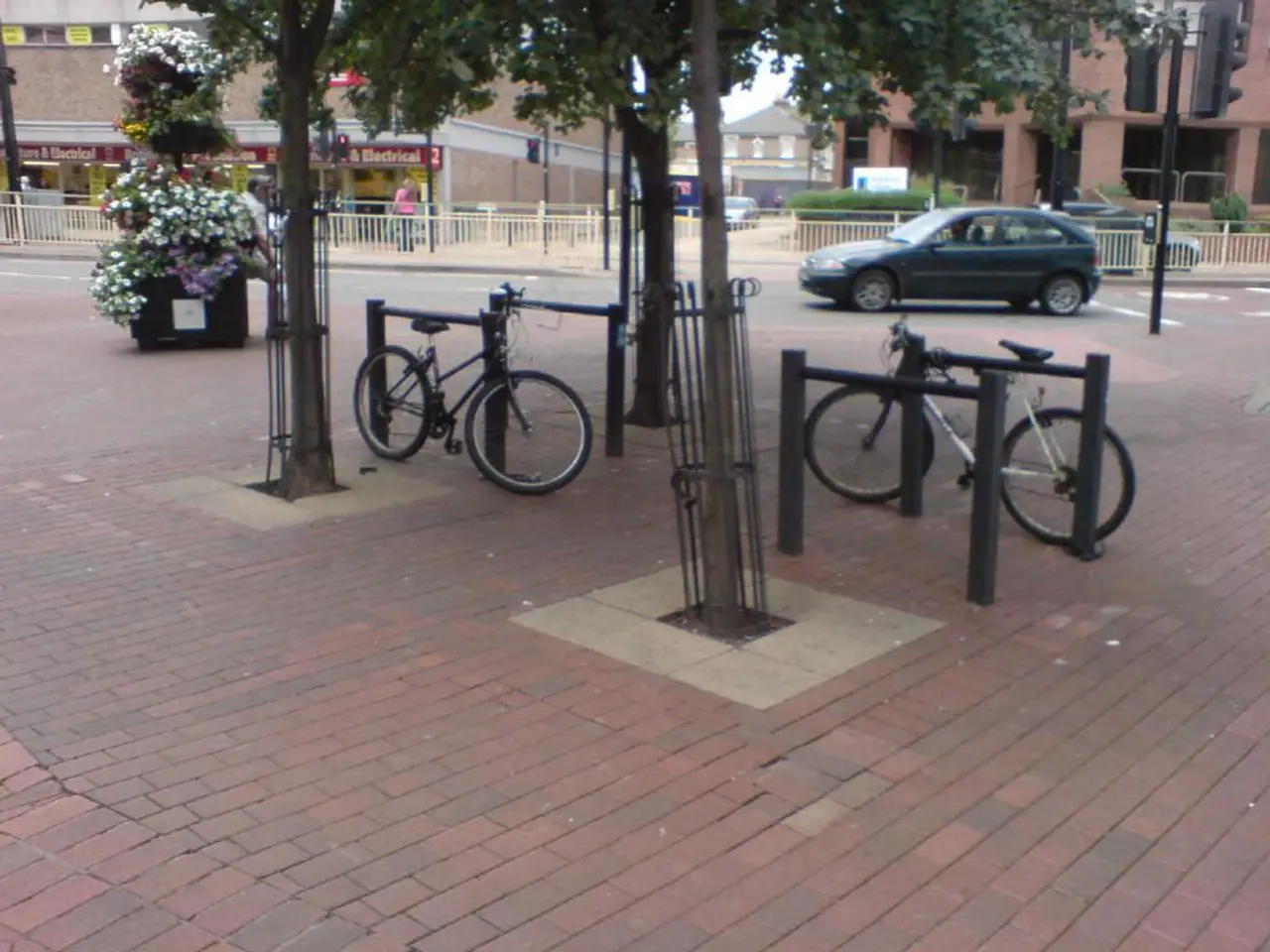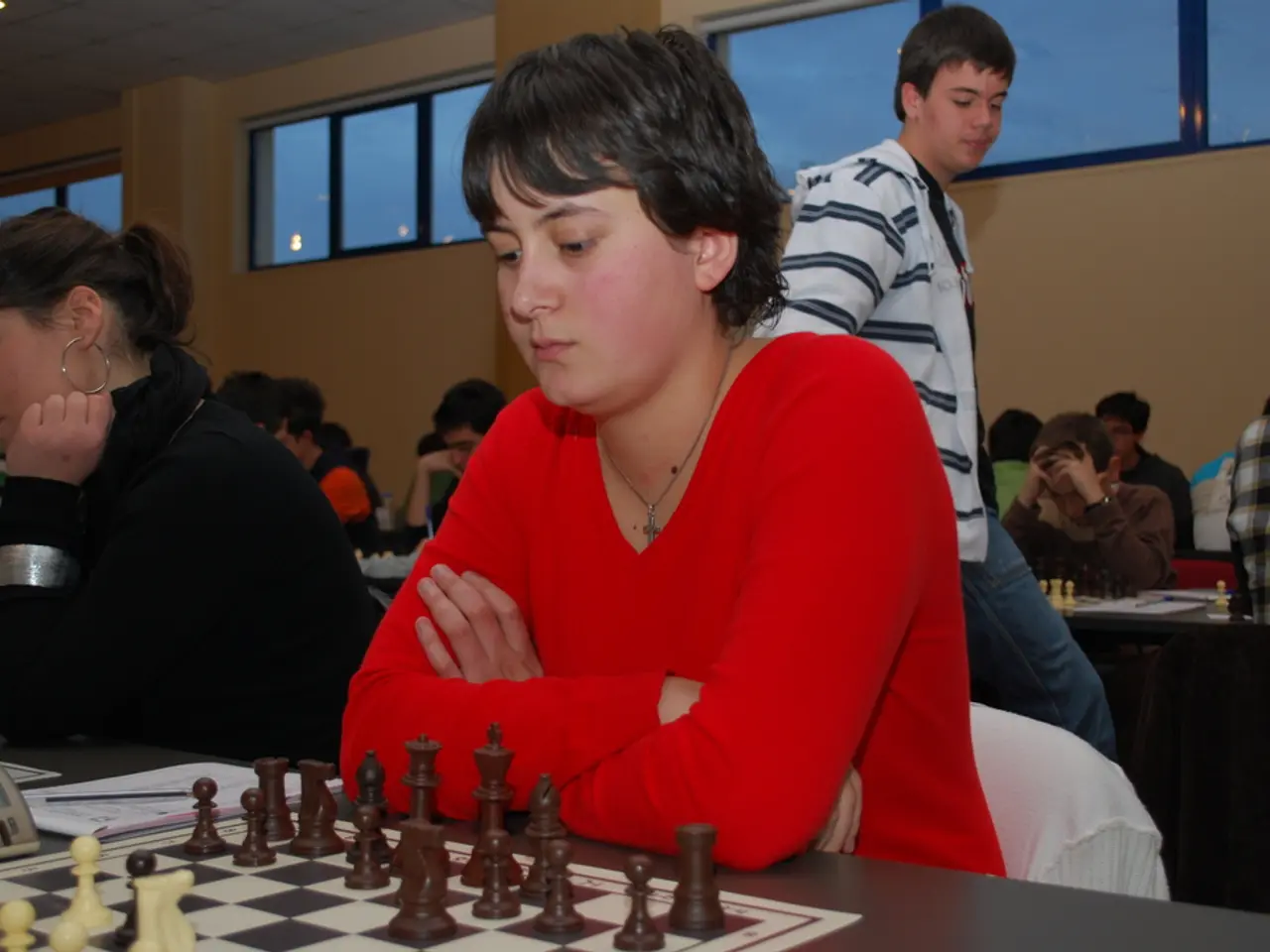Brazilian ex-president Bolsonaro faces home detention
In the heart of Brazilian politics, former President Jair Bolsonaro finds himself under house arrest, a move enforced by the Supreme Court following allegations of a coup plot to overturn the 2022 election results. Bolsonaro, often referred to as the "Tropical Trump" for his political similarities with the former U.S. President, denies all charges, describing the proceedings as a political witch hunt.
The accusations against Bolsonaro are severe. He is accused of leading a criminal conspiracy involving assassination plans against top officials, attempts to shut down democratic institutions, and inciting unrest via social media. This forms part of "Operation Counter-coup," which uncovered evidence including wiretaps and videos.
Bolsonaro's house arrest has brought about a series of restrictions. Since mid-July, he has been under strict conditions, including a nighttime curfew, a ban on contact with diplomats, and an electronic ankle monitor. His mobile phones and those in his household have also been handed over to the authorities.
The situation has led to a diplomatic dispute with the United States. The U.S. government has criticized Brazil's actions, particularly targeting Justice Alexandre de Moraes. The U.S. accuses Moraes of abusing judicial authority to suppress dissent, ordering politically motivated raids, arrests, and censorship of U.S. persons on social media platforms, thus threatening free speech protected under the U.S. Constitution.
Former U.S. President Donald Trump has also weighed in, condemning the trial, imposing tariffs on Brazilian goods, and sanctioning Brazilian justices, escalating tensions further.
Bolsonaro's defenders, including his son Flávio, reject the accusations, framing the trial as politically motivated. Flávio Bolsonaro has gone so far as to claim that Brazil is now "officially in a dictatorship" due to the house arrest order.
Despite the restrictions, Bolsonaro has not been entirely silent. A brief speech was published online and later deleted, leading the justice system to view it as "active political interference" aimed at circumventing direct censorship of his channels. Bolsonaro's defense plans to appeal the ruling, arguing that their client has adhered to the court's orders and the brief speech cannot be considered a violation.
The trial of Bolsonaro is ongoing, with a verdict expected by the end of 2025. Meanwhile, his supporters have demonstrated for his amnesty in several cities, and the U.S. government has vowed to hold accountable anyone supporting sanctioned actions.
The events surrounding Bolsonaro's house arrest have not been without controversy. On January 8, 2023, Bolsonaro supporters stormed the Congress, the Supreme Court, and the presidential palace in Brasília. Bolsonaro insists he has no involvement in these incidents.
As the legal saga unfolds, the future of Brazilian politics remains uncertain. The trial of Bolsonaro promises to be a defining moment in the country's political landscape, with implications that extend far beyond its borders.
- The controversy surrounding Bolsonaro's house arrest has led to an escalation in tensions between Brazil and the United States, with the U.S. government criticizing the Supreme Court's decision and accusing Justice Alexandre de Moraes of abusing judicial authority.
- The trial of former President Jair Bolsonaro, who is accused of leading a criminal conspiracy and attempting to overturn the 2022 election results, is ongoing and includes allegations of assassination plans, shutting down democratic institutions, and inciting unrest via social media.
- The impact of the Bolsonaro trial extends beyond Brazilian politics and encompasses global issues such as war-and-conflicts, crime-and-justice, policy-and-legislation, and general-news, as various countries watch with interest to see how the proceedings unfold and what the verdict may be.
